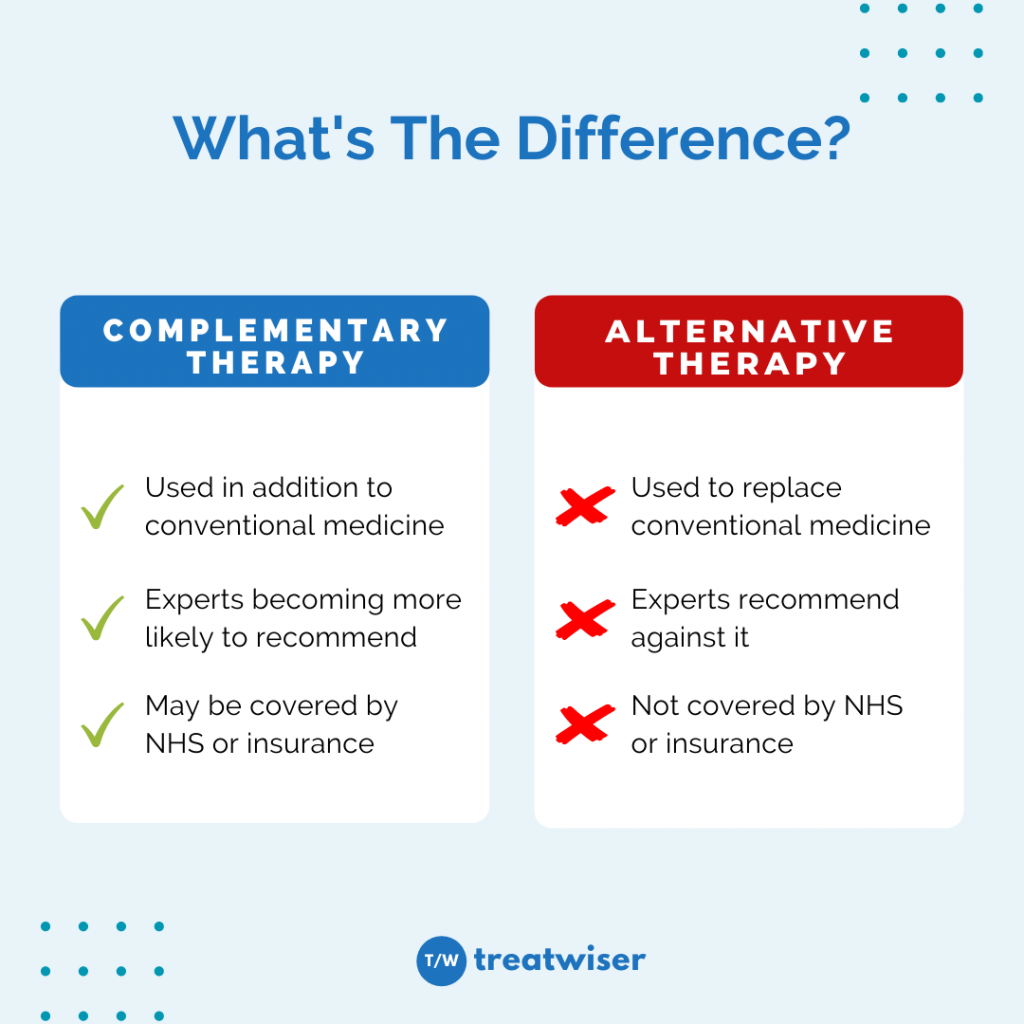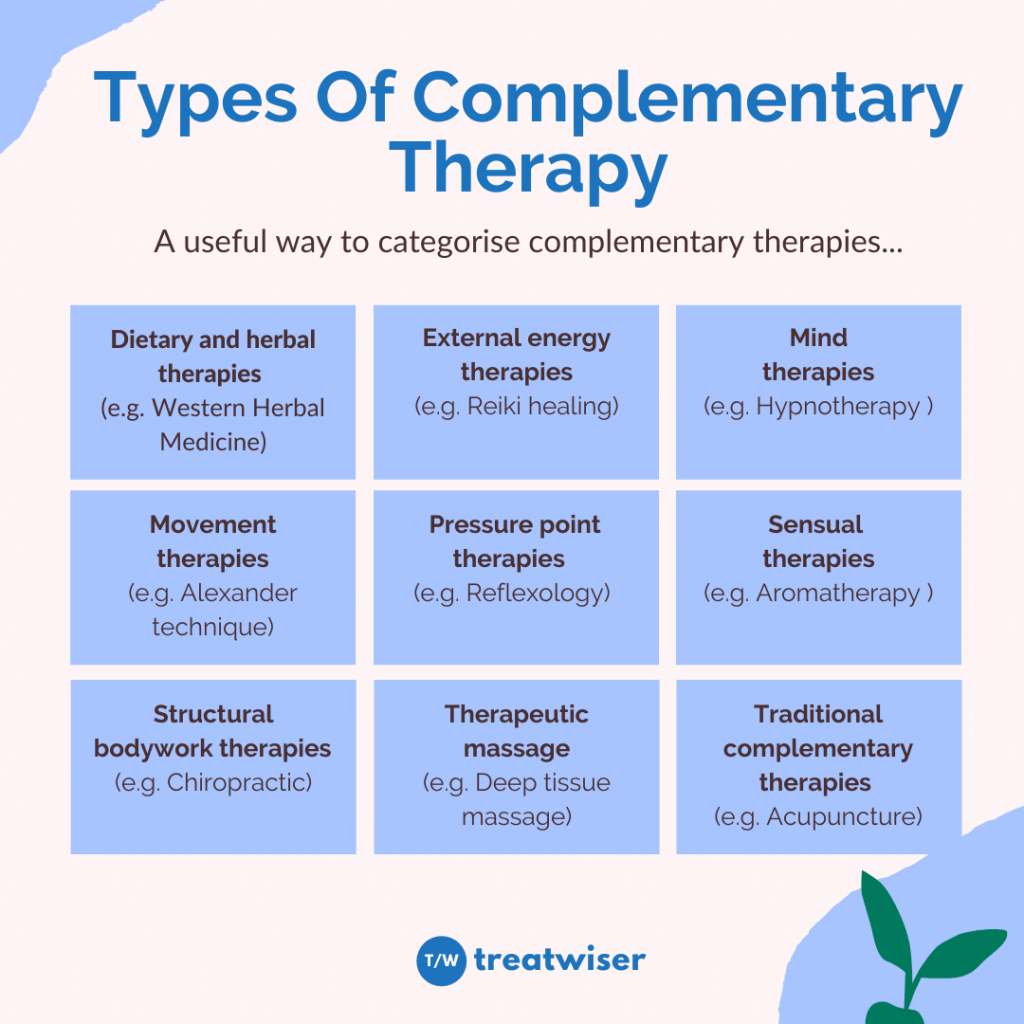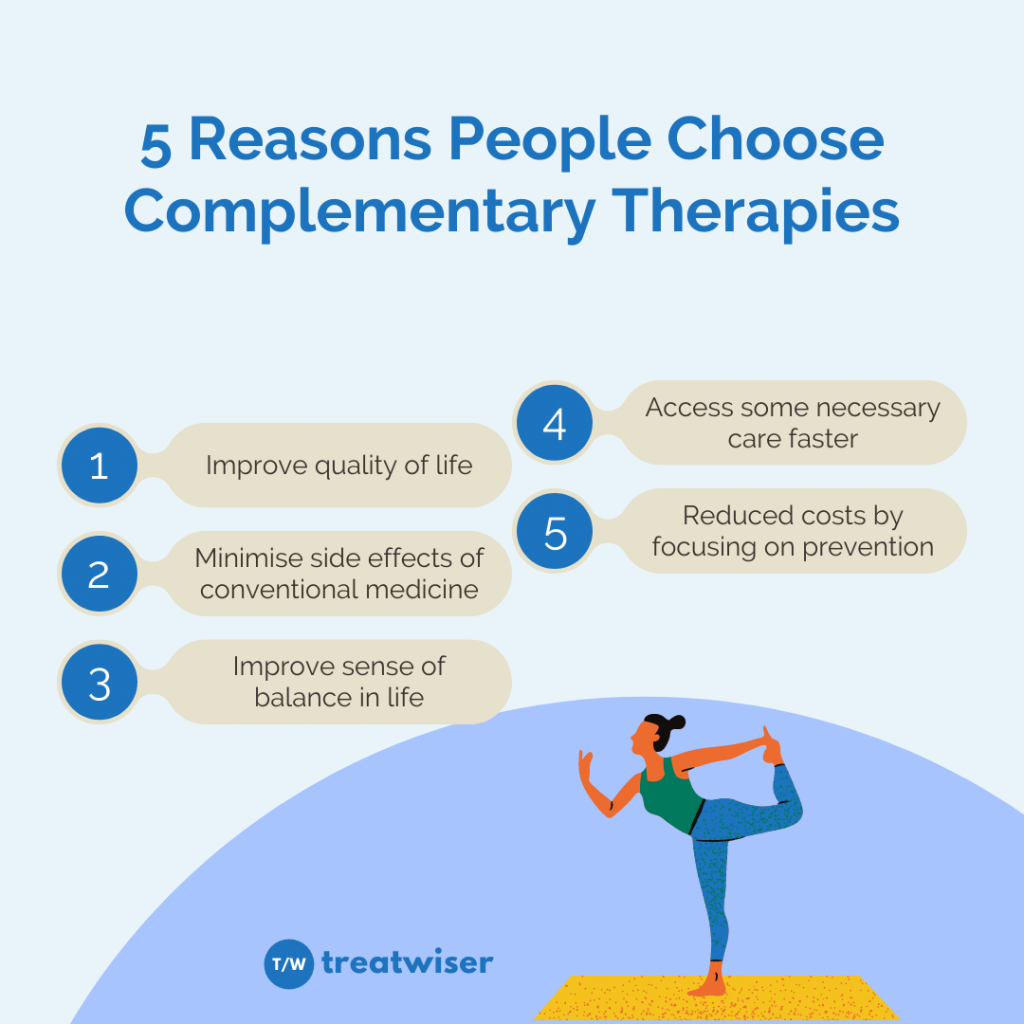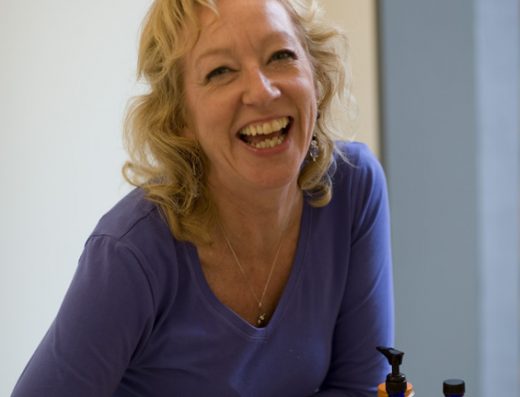Complementary therapy (also referred to as complementary medicine, integrative medicine or holistic medicine) is a branch of healthcare practices and treatments which aims to treat the patients by complementing conventional medicine rather than providing an alternative.
Many forms of complementary therapy and medicine are steeped in history and tradition, having been based on ancient western and eastern healthcare practices. Examples include the Ayurveda system of medicine which originated in India 5,000 years ago as well as Traditional Chinese Medicine. Such is their standing that both are still the prevalent forms of healthcare in their respective countries.
What is complementary therapy? | What is alternative therapy and how is it different? | What are the other names for complementary therapy? | What are the major types of complementary therapy? | What are the benefits of complementary therapy? | What must I consider before starting a complementary therapy?
What is complementary therapy?
Complementary therapies (or complementary medicines) are used in addition to, or alongside conventional or modern medicine treatments which your doctor would typically recommend. For example, acupuncture is often used to treat side effects of cancer treatment including fatigue and nausea. Complementary therapies are growing in popularity and are becoming more accepted by conventional doctors. Some forms of complementary therapy may be available through the NHS or health insurance such as acupuncture or chiropractic.
What is alternative therapy and how is it different?
You may hear the term alternative therapy being used quite often. Despite being used almost interchangeably in some instances, complementary and alternative medicines are in fact distinctly different.
Alternative therapies (or alternative medicines) are used instead of conventional medicines which your doctor would typically recommend. For example, herbal medicine such as St John’s Wort is commonly used for low mood, anxiety and side-effects of menopause. Alternative therapies are not accepted by conventional doctors, and are typically unavailable through NHS or health insurance.

What are the other names for complementary therapy?
In recent years, there has been an increase in the use of other names for complementary therapy (or complementary medicine). These include holistic therapy (or holistic medicine) and integrative therapy (or integrative medicine). Although there are some nuanced differences, in essence, all these terms point to a similar medical goal – treating the patient as a whole rather than concentrating on individual symptoms.
What is holistic therapy?
Holistic therapy (or holistic medicine) considers the patient as a whole rather than individual symptoms. The holistic approach considers your physical, mental, spiritual and social wellbeing and aims to balance these as an entire system.
What is integrative therapy?
Integrative therapy (or integrative medicine) combines conventional medicine with complementary therapy to achieve health goals. Quite often the complementary therapy is used to help you cope with symptoms, complications or side-effects of conventional medicine.
What are the major types of complementary therapy?
The term complementary therapy includes many types of therapies with a diverse range of properties. Although no strict definition exists, it may be useful to consider the below categories. Please note the list of examples is non-exhaustive.
Dietary and herbal therapies
These therapies use dietary and herbal approaches – often leveraging the natural properties of plants – to balance your body’s nutritional wellbeing and promote self-healing processes. Examples include:
External energy therapies
Energy therapies are a form of bodywork therapy which are based on the principle that all living bodies are surrounded by an invisible bioenergy field. This energy field helps promote the flow of vital energy throughout the body’s bioenergetic pathways. Examples include:
Holistic development
Holistic development is an approach to early and late childhood development that focuses on the whole child – mind, body, and spirit.Mind therapies
Mind therapies recognise the strong relationship between the mind and body. They attempt to influence the mind to achieve good emotional, mental and physiological health. Examples include:
- Hypnotherapy treatment
- Meditation and mindfulness
Movement therapies
Movement therapies are a form of bodywork which increase awareness of posture and movement (e.g., sitting, standing, walking) to improve body function and enhance feelings of wellbeing. Examples include:
Pressure point therapies
Pressure point therapies are a form of bodywork predominantly originating from East Asia. They attempt to apply pressure to specific points to improve flow of vital life energy throughout the body which is important for maintaining and restoring good health. Examples include:
Sensual therapies
Sensual therapies aim to invigorate your senses such as touch, sight, hearing and smell to positively impact your overall health. Examples include:
Structural bodywork therapies
Structural bodywork therapies attempt to improve musculoskeletal tensions, misalignments and imbalances due to everyday wear and tear. This includes the counteracting the impact of gravity and stresses on your body. Examples include:
Therapeutic massage
These therapies typically involve the use of touch to help with injuries, relieve tension, enhance relaxation as well as overall wellbeing. Examples include:
Traditional complementary therapies
Traditional complementary therapies consist of some of the most well known forms of complementary therapy. Several of these have been practiced for many centuries and include systems of medicine. Examples include:

What are the benefits of complementary therapy?
Living a more holistic lifestyle may have it benefits. This said, it is important to understand that complementary therapy should not be considered as a replacement for conventional medicine which is especially superb in treating acute illnesses and traumas. Both forms of medicine have much to offer and so the greatest benefit can be derived when they are used in integrated manner that best meets the individual patient’s needs. For instance, if taking medication, forms of holistic medicine such as acupuncture and massage can be used to alleviate unresolved issues.
In theory, anyone can benefit from using complementary medicine treatments and therefore there are many reasons why you might consider such treatment. Don’t forget people have been using such treatments for millennia.
Some common reasons to start holistic therapies today include:
- Improve quality of life and minimise side-effects from chronic conditions such as back-pain, cancer, diabetes or cardiovascular disease. Complementary medicines may be used to help people manage and cope with the symptoms of such conditions and even prevent them from getting worse.
- Provide complementary health options to undesirable or unsuitable conventional treatments offered by doctors. For instance, patients may have reservations taking certain prescribed psychiatric medication due to known side-effects. Patients may have a preference for taking treatments which appear more natural, hence why the term natural therapies is sometimes used.
- Provide advice on daily routine and lifestyle changes to improve sense of balance leading to more enjoyable and sustainable life.
- Access to necessary care faster in cases where treatment is required or preferred sooner than health systems can provide conventional treatments due to waiting times.
- Reduced healthcare costs especially in longer term as focus is on preventative healthcare and allowing your body to heal as a whole.

What must I consider before starting a complementary therapy?
It is important that you are able to make an informed decision as to whether the considered treatment is suitable for you at a given point in time. This will likely require you to do some level of research into the potential benefits, risks and costs.
Try to speak to a range of people including prospective practitioners / therapists, your doctor as well as friends or family members who may have had to make similar decisions in the past.
Some common key questions for every considered treatment are:
- What are you hoping to achieve from the treatment?
- Which forms of holistic medicine can treat your needs? Which is the most appropriate and why?
- How much will a course of treatment cost and how will I finance this?
- What are the potential side-effects, and am I willing to accept these?
- Do I have any health problems or am I taking any medication that prevents me from safely having treatment?
- How do I find a therapist? Who is the most suitable practitioners / therapist for my needs? Is anyone I know able to provide and recommendation?
- What is my GP saying and what is his / her opinion on use of preferred form of holistic treatment to complement conventional treatment?
DISCLAIMER: The Site cannot and does not contain medical / health advice. The medical / health information is provided for general informational and educational purposes only and is not a substitute for professional advice. Accordingly, before seeking any form of medical advice, diagnoses or treatment based upon such information, we encourage you to consult with your GP or other qualified health practitioner. You must never disregard professional medical advice or delay in seeking it because of something mentioned on this Site. The use or reliance of any information contained on the Site is solely at your own risk.





